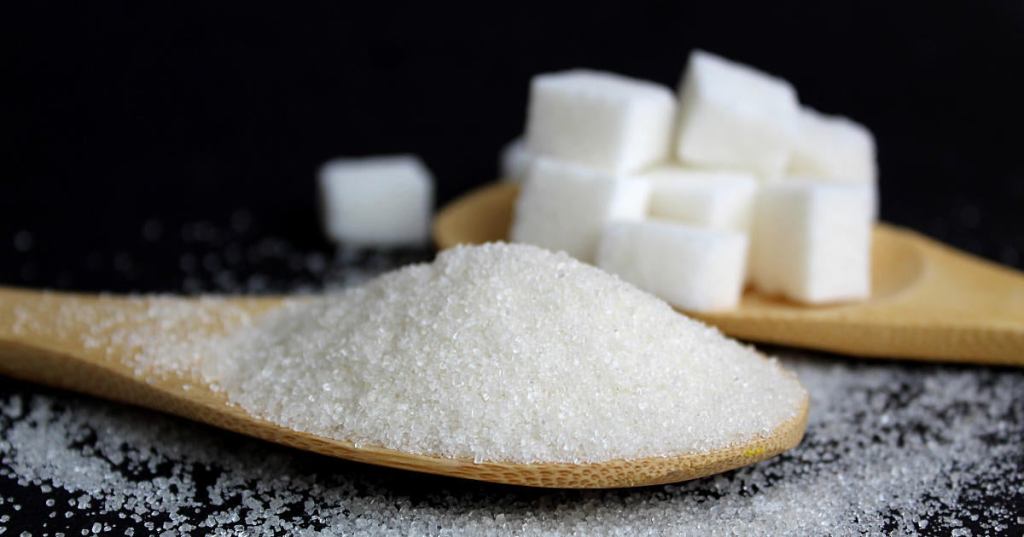The World Health Organization on Thursday classified aspartame, an artificial sweetener widely used in diet drinks and low-sugar foods, as a possible carcinogen. The classification was made after the International Agency for Research on Cancer (IARC), a WHO body, identified a possible link between aspartame and a type of liver cancer called hepatocellular carcinoma.
The IARC based its conclusion on “limited evidence” from three observational studies in humans that found a link between the consumption of artificially sweetened beverages and hepatocellular carcinoma, which is the most common type of liver cancer. There was also evidence “for cancer in experimental animals and limited evidence related to the possible mechanisms for causing cancer,” per WHO’s release. A summary of the evaluation was published Thursday in The Lancet, but the full report won’t be available for another six months, the WHO said.
Videos by PopCulture.com
Considered to be one of the most studied food additives in existence, per CNN, and the most commonly used artificial sweetener in the world, aspartame is found in about 6,000 products globally, per the Calorie Control Council. It is the sweetner found in Diet Coke and other diet sodas, as well as some chewing gums and sugar-free, low-calorie desserts. Aspartame is sold under the names Equal, Nutrasweet, and Sugar Twin.
The declaration of aspartame as a possible carcinogen doesn’t necessarily mean you need to stop consuming products that contain aspartame. According to WHO, the ingredient is safe for people to consume within the recommended daily limit. Per The New York Times, “by some calculations using the panel’s standard, a person weighing 150 pounds could avoid a risk of cancer but still drink about a dozen cans of diet soda a day.” Dr. Mary Schubauer-Berigan, a senior official at IARC, also emphasized that the classification is based on limited evidence and more research is needed to determine whether consumption of the artificial sweetener can actually lead to cancer. Schubauer-Berigan told journalists during a press conference that “this shouldn’t really be taken as a direct statement that indicates that there is a known cancer hazard from consuming aspartame. In our view, this is really more a call to the research community to try to better clarify and understand the carcinogenic hazard that may or may not be posed by aspartame consumption.”
Meanwhile, the U.S. Food and Drug Administration (FDA) said it did not agree that aspartame should be categorized as a possible carcinogen. In a statement, according to NBC News, the FDA said, “Aspartame is one of the most studied food additives in the human food supply. FDA scientists do not have safety concerns when aspartame is used under the approved conditions.”









